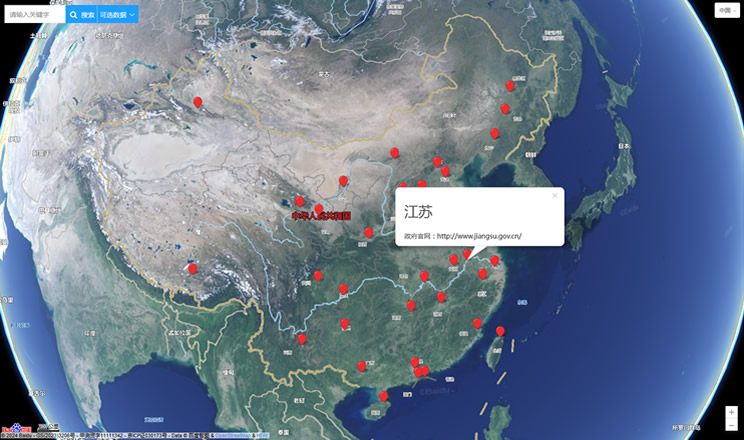Liaoning (simplified Chinese: 辽宁; traditional Chinese: 遼寧; pinyin: Liáoníng; Liyoo ning) is a province of the People's Republic of China, located in the northeast of the country. Its one-character abbreviation is "辽" (liáo), a name taken from the Liao River that flows through the province. The second character of the name, "宁" (níng) means "peace". The modern province was established in 1907 as Fengtian province (奉天; pinyin: Fèngtiān; Postal map spelling: Fengtien; Abkai imiyangga) and the name was changed to Liaoning in 1929. Under the Japanese puppet Manchukuo regime, the province reverted to its 1907 name, but the name Liaoning was restored in 1945.
Liaoning is located in the southern part of the Northeast, and is often called "the Golden Triangle" because of its strategic geographical location, with the Yellow Sea (Korea Bay and Bohai Sea) in the south, North Korea's North Pyongan and Chagang provinces in the southeast, Jilin to the northeast, Hebei to the southwest, and Inner Mongolia to the northwest. The Yalu River marks the international border with North Korea, emptying into the Korea Bay between Dandong, Liaoning and Sinuiju, North Korea.
Extreme weather in China
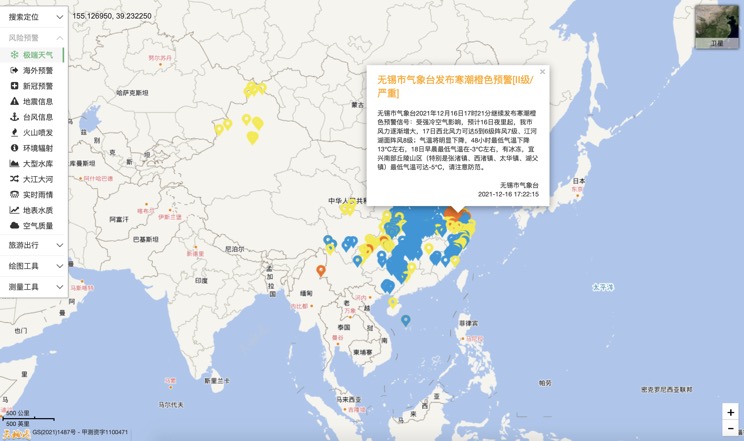
China Earthquake Information
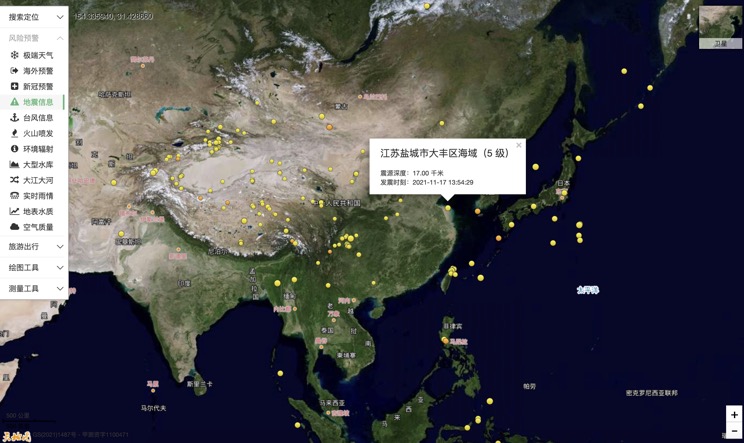
Volcano eruption
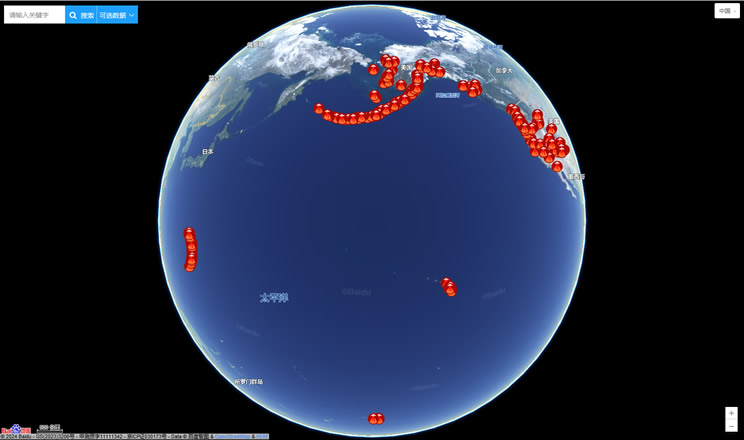
Environmental Radiation in China
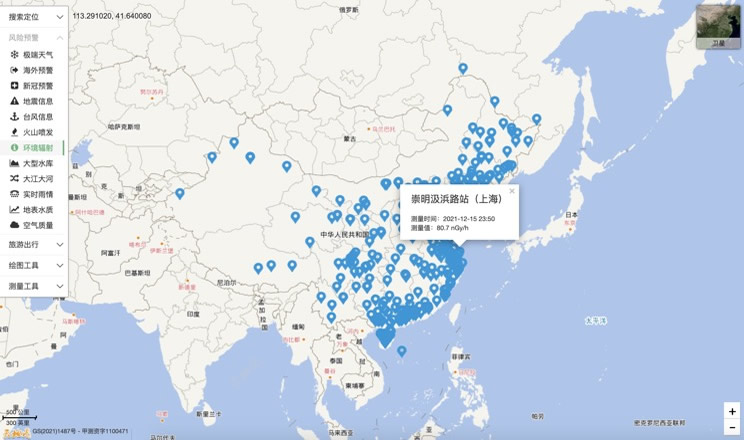
Overseas Warning
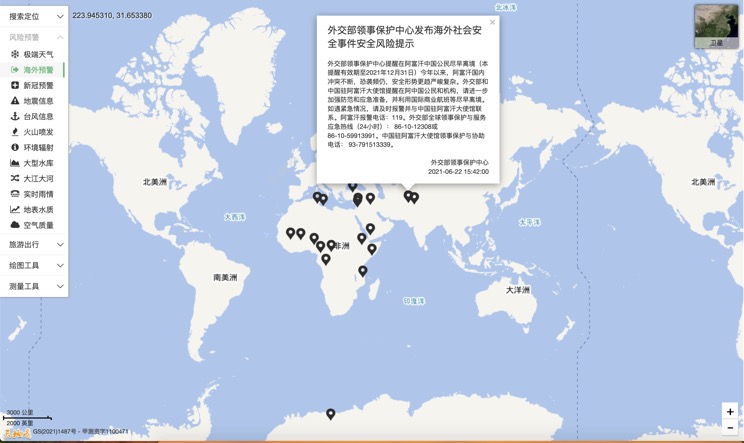
China's air quality
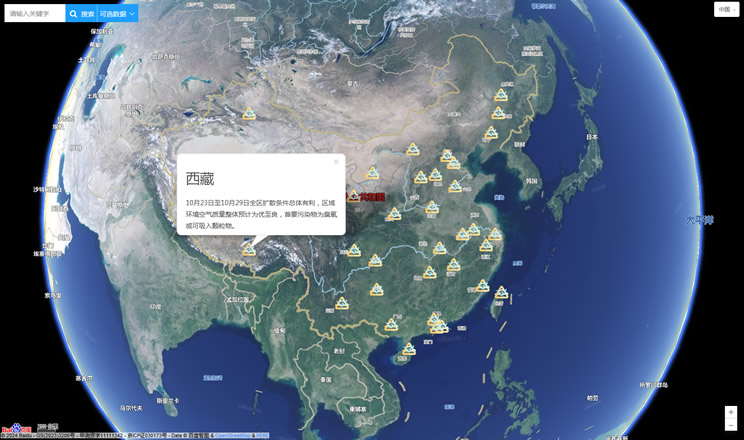
China's Water Disaster Alert
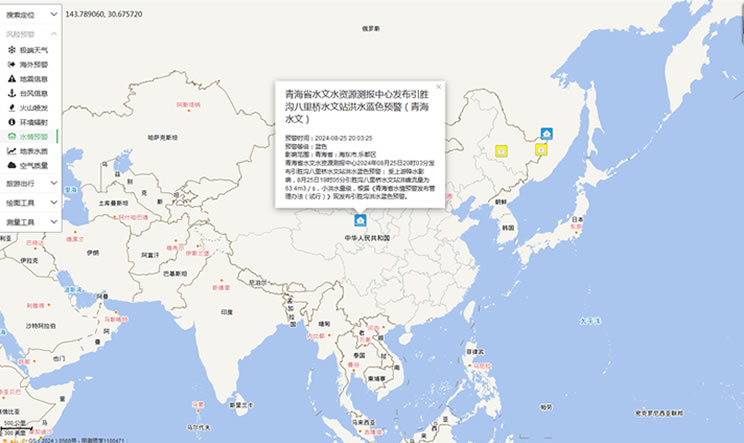
China Weather Forecast
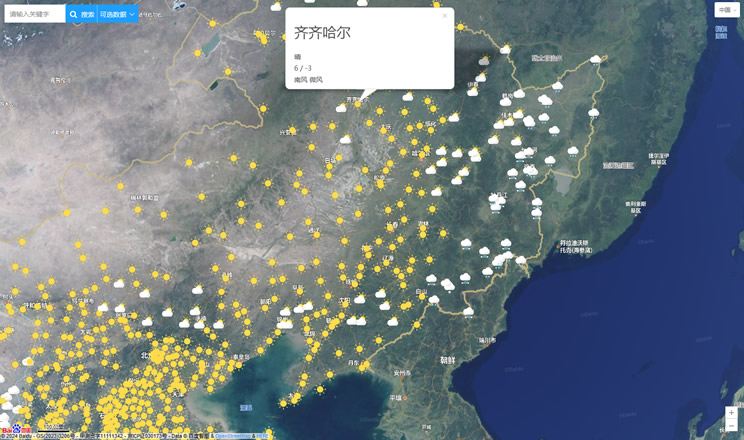
Introduction to Countries
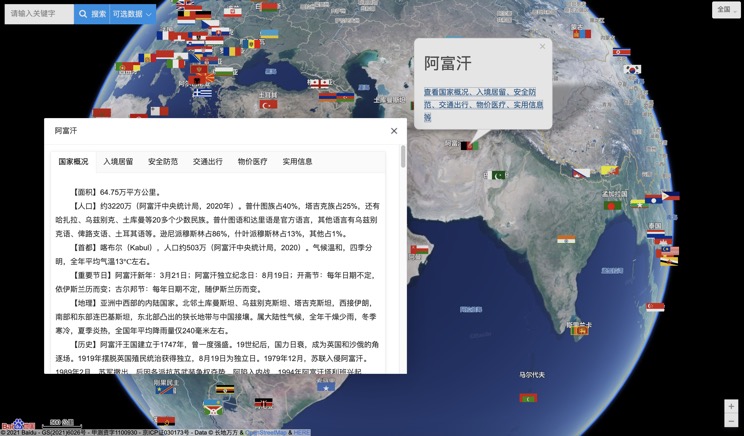
China Subway Lines
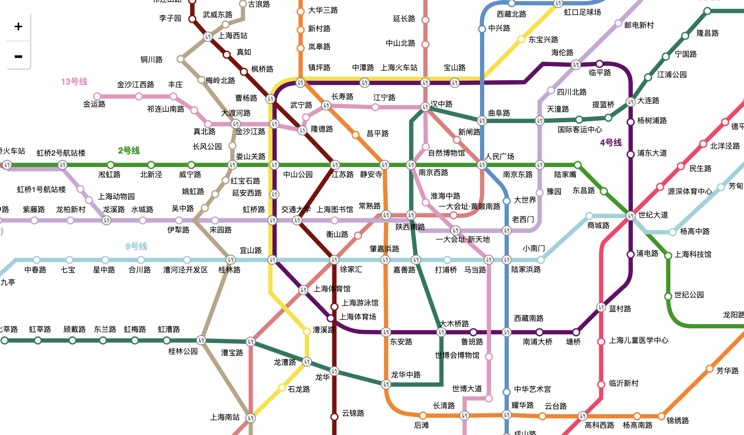
China's 5A Scenic Spots
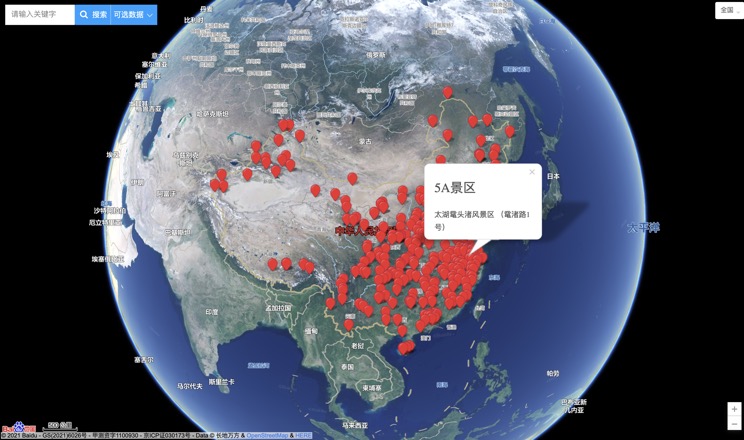
Provincial Capitals in China
